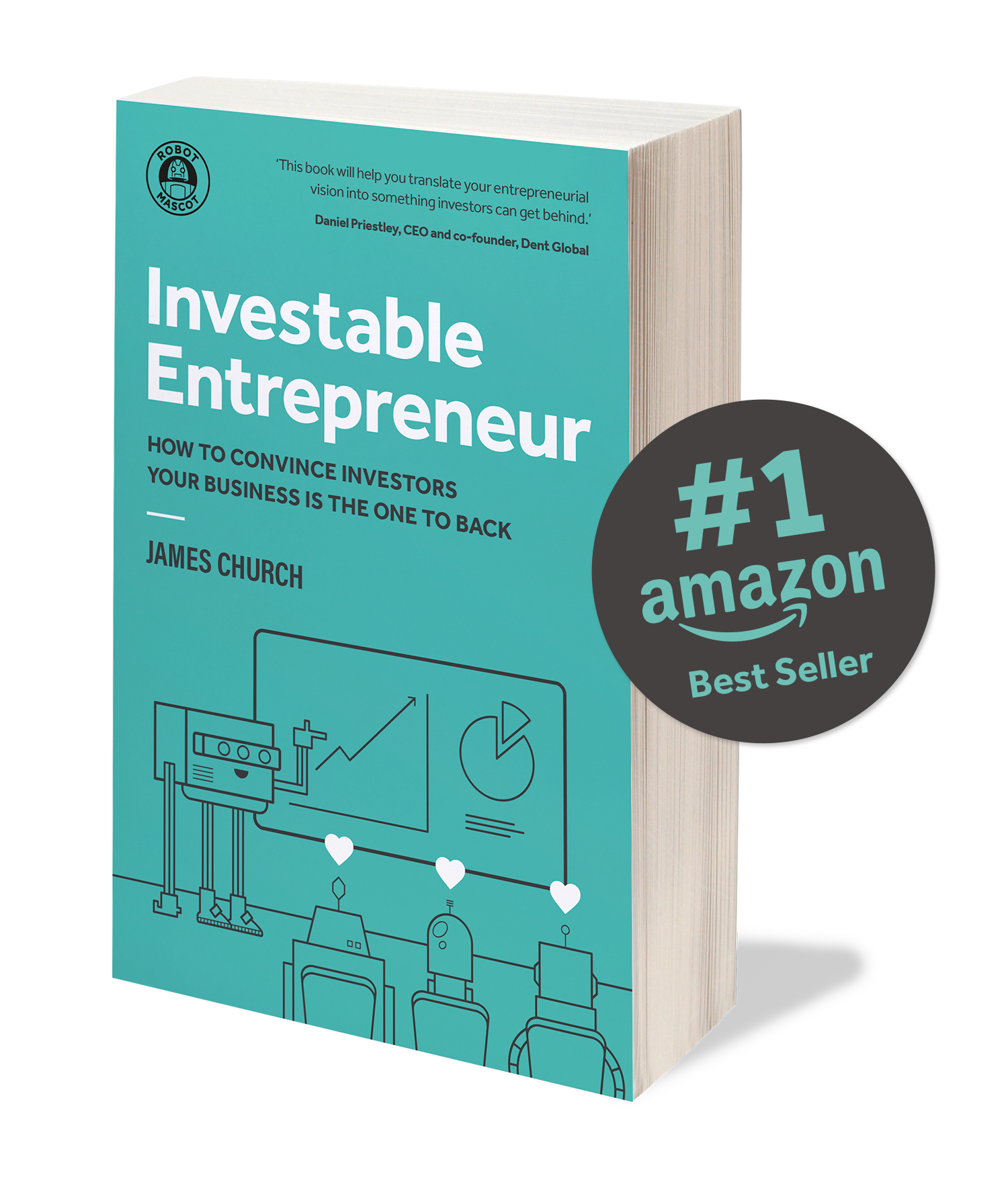

In a Startup, How Do Shares, Equity, and Dilution Really Work?
16th February 2023
Fundraising is difficult. That’s why, on average, only 1% of startup founders manage to successfully close their deals.
If you want to be in that elite 1%, you must understand the finer details of raising investment. One of the essential parts of that understanding is knowing what shares, equity and dilution are and how they work. You’re going to come across these terms a lot as a startup founder and if you don’t have a handle on them it can feel a lot like being thrown in at the deep end.
Related: Protect Your Equity: The Smart Approach to Winning Early Stage Investment
The part that shares and equity play in a startup.
Shares are units of equity. Every limited company has shares, and it is these shares that are bought by investors. The more shares the investor owns, the more equity they control. For an overview of how equity could be divided between founders and investors, take a look at this advice on Entrepreneur.com. It’s an old article, but it’s full of up-to-date common sense.
Let’s say your startup has one hundred shares and you have all one hundred of them. That means you own 100% of your startup’s equity. However, if you only have fifty shares, and an investor has the other fifty, you each own 50% of the company.
Most startup founders think that, when the time comes to sell equity in their company, it’s going to be a straightforward transaction. All they’ll need to do is take an agreed number of their shares—for example, 15 of the 100 shares the company has – and transfer them to an investor in return for cash. In that scenario, the investor would now own 15% of your startup’s equity and you would own the remaining 85%.
Unfortunately, it’s not as simple as that. In practice, what usually happens is that the company will create more shares to sell to the investor. So, in the above example, the startup founder would retain their original one hundred shares, but they’d create 18 new shares for the investor to buy. This means the investor would now own 18 of the startup’s 118 shares, which is equal to 15%.
What happens when you dilute your startup’s equity?
Dilution is what happens when you and your investor’s total equity in the startup gets smaller each time new shares in the company are created and issued. This happens at every fundraising round (as well as other events such as bringing on board co-founders, or setting up an options pool) and it’s a concept that many startup founders struggle to understand.
Let’s fast forward to the second fundraising round. You previously created the 18 new shares for your investor, so your total shareholding is still one hundred, but your equity has reduced to 85% and the investor holds 18 shares, so their equity is 15%.
Now you’re doing a second fundraising round, your first investor’s equity is going to get diluted.
So is yours.
And this is how.
Let’s say you’ve succeeded in the second fundraising round, but this time you’ve agreed to sell your second investor 20% equity in your startup in return for their investment. Following on from the previous example, this means you’d need to create a further 29 shares.
The result? Your company would have a new total of 147 shares. You would still own one hundred shares, your first investor would still own 18, and now your second investor owns 29. The second investor’s equity is 20%, but what’s happened to your first investor’s equity?
What’s happened to your first investor’s equity is that their share in your company has shrunk. Although they still own 18 shares, 18 shares out of the new total of 147 shares is 12%. In other words, after the second round, your first investor has gone from owning 15% of your startup to owning just 12%.
As a founder, your shares have shrunk too. You fell from owning 100% to 85% and now, after the second round, you own 68%.
That’s what dilution is, and that’s why investors get concerned about it, because for every round of investment you successfully complete, their overall share of your company will get smaller.
Is dilution always an issue for investors?
Not necessarily. If each round and each new investor increases your options pool, the company will eventually sell for a larger sum of money than it is was worth prior to being diluted. As a result, you and your investors have a smaller share but of a larger value – so you’ll all still come out in top.
For example, if your startup was originally worth £1m and your original investor’s equity was 15%, the value of their shares would be £150k.
But…
If subsequent fundraising rounds increase your startup’s value to £10m but dilute your original investor’s equity to 12%, the value of their shares will have risen to an astronomical £1.2m.
Even though they lost equity, their investment has led to a much more awesome payday.
Shares, equity, and dilution are a massive deal for startup investors.
Demonstrating to potential investors that you understand what shares, equity and dilution are is as essential as showing them the three fundamentals they’ll expect to see from your financial projections.
They’ll be impressed when you do, because this isn’t the kind of information that’s taught in school. Not even MBA programs spend much time focusing on the details of equity investment.
Every prospective investor will want to know:
- you understand how many rounds of investment you’re planning
- how much equity you might consider selling in the future
- the implication both those decisions could have on the potential returns of their investment.
If you can reassure them as much as possible about your long-term plans, or at least show them you understand how raising more money in the future will impact their own shareholding, they’ll be much closer to wanting to invest in you.
If you feel like diving deeper into the subject of equity and capital structure, this recent Forbes magazine article is an excellent place to start.
Meanwhile, to read more about becoming an ‘Investable Entrepreneur’, you can download a free copy of James Church’s bestselling book.
UP NEXT:
How to Create an Investment Pitch: The Three Vital Stages of Creating an Investment Winner
Your Weakness Can Be Your Biggest Strength
How Do You Know It’s the Right Time to Seek Startup Finance?
Learn how to convince investors
Investable Entrepreneur takes you through our winning methodology – the process we use to increase our client’s chances of raising investment by more than 30x.
“This book will help you translate your entrepreneurial vision into something investors can get behind.”
Daniel Priestley, CEO and founder, Dent Global and four times best-selling business author

Keep up to date with what we’re up to via email






Copyright ©Robot Mascot Ltd. All rights reserved.








